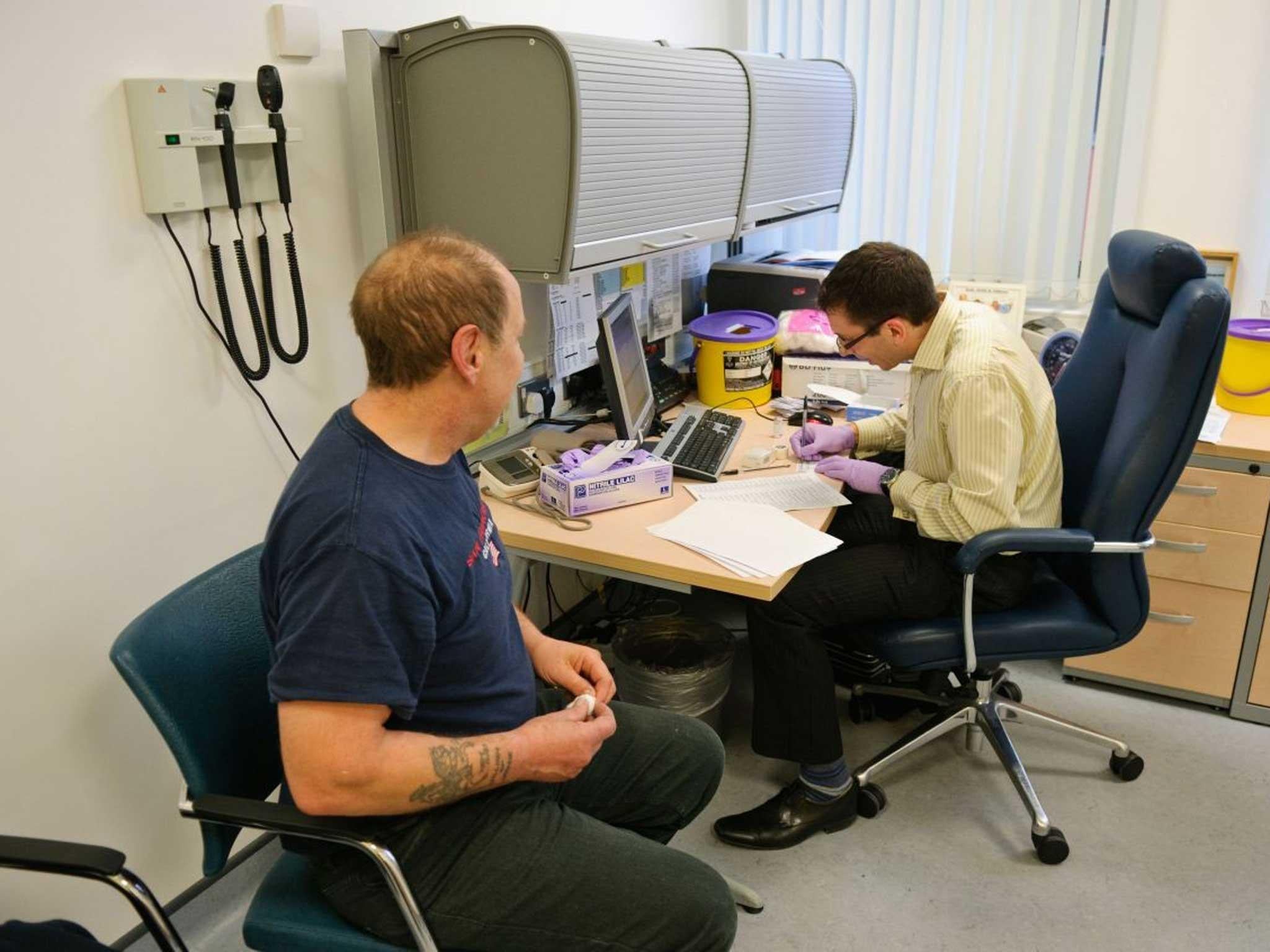Don't worry about your local hospital - it's your GP surgery that will shut first
Family doctors are stretched to breaking point, and new recruits don't want to train to be GPs

Your support helps us to tell the story
From reproductive rights to climate change to Big Tech, The Independent is on the ground when the story is developing. Whether it's investigating the financials of Elon Musk's pro-Trump PAC or producing our latest documentary, 'The A Word', which shines a light on the American women fighting for reproductive rights, we know how important it is to parse out the facts from the messaging.
At such a critical moment in US history, we need reporters on the ground. Your donation allows us to keep sending journalists to speak to both sides of the story.
The Independent is trusted by Americans across the entire political spectrum. And unlike many other quality news outlets, we choose not to lock Americans out of our reporting and analysis with paywalls. We believe quality journalism should be available to everyone, paid for by those who can afford it.
Your support makes all the difference.Hospitals up and down the country face closures of some kind. But another crisis has gone under the radar. Since 2010, 656 GP surgeries have closed, merged or been taken over.
We know why: Deloitte's 2014 report for the Royal College of General Practitioners highlighted chronic under-funding and under-investment in general practice. The proportion of money going into general practice, as a percentage of the NHS budget, has been shrinking. At the same time, demand is rising – and ever more services are carried out by GPs. Surgeries have extended opening hours and there has been a shift of hospital care into communities. For example, type 2 diabetes care used to be provided mainly by hospitals but now generally takes place in the community.
As a result, GP workloads are stretched to breaking point. Patients are frustrated as they are unable to book appointments. When I applied to general practice training in 2008-9, it was seen as an attractive career prospect. Fast forward to the present and junior doctors are put off by the prospect of burn-out. Many older GPs are retiring early due to stress. There is a serious recruitment and retention crisis. Unsurprisingly, there is a reliance on locum doctors. Instead of training sufficient numbers, the Government's strategy will be to recruit more doctors from abroad and introduce physician associates.
To add insult to injury, GP funding to deprived areas is in danger because of government plans to phase out the Minimum Practice Income Guarantee. Furthermore, the new GP contract is in the pipeline. Based on the junior doctor contract, it seems probable that this contract will not deliver what is needed. This would force smaller practices to close their doors. GPs are now threatening mass resignation as the only way of getting the government to listen.
Linked to cuts, we are seeing the privatisation of general practice as part of the wider privatisation of the NHS. Private companies now run GP surgeries, whole swathes of Out of Hours Care have also been outsourced and a quarter of walk-in centres have closed since 2010. Alternative Provider Medical Services (APMS) contracts are likely to be extended, which could mean no limit to privatisation.
Urgent steps need to be taken, including emergency funding, so that we can recruit GPs, increase appointments and improve service provision. Not only are GPs usually the first point of patient contact but the majority of patient care takes place in primary care, which facilitates early diagnosis, screening, management of long term conditions and preventative medicine. In other words, this is a sensible investment and ends up saving the NHS money in the long run and providing better patient care.
The combined agenda of cuts and privatisation only leads downwards. Smaller practices will not survive. The concept of the family doctor will be a relic of the past. There will be mergers and the development of federated GP organisations, which are likely to prove more enticing to buy-outs from private investors.
Join our commenting forum
Join thought-provoking conversations, follow other Independent readers and see their replies
Comments